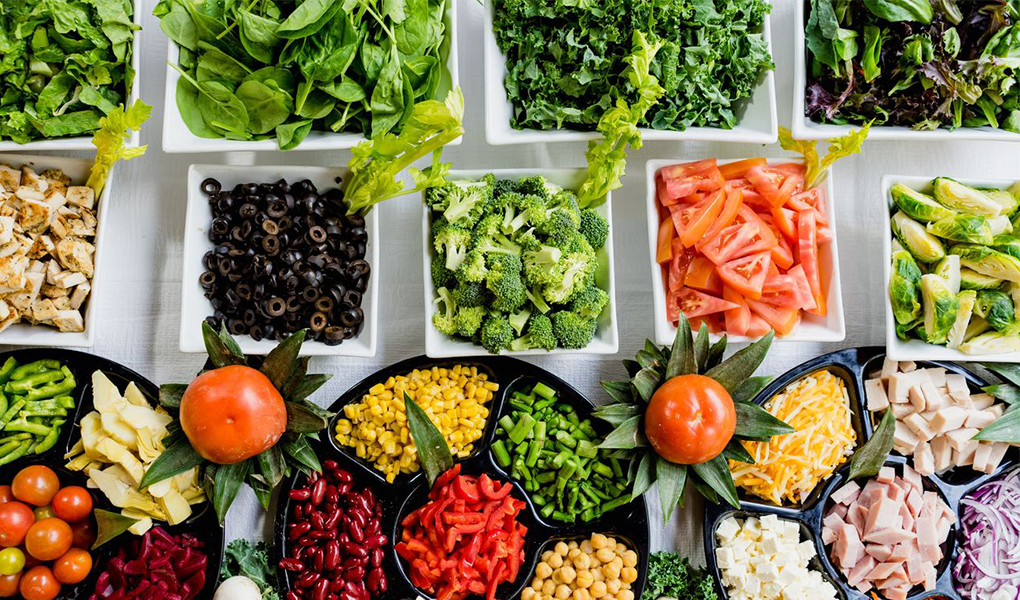Plant-based Diet
Ever since I started my nature-based medical practice, I have always been promoting and educating people about adopting or favoring a “plant-based, all-natural diet”, particularly for cancer survivors or those on a maintenance program after cancer treatment.
There have been studies on how a plant-based diet could be advantageous for cancer survivors – which confirms our practice of using organic plants as the cornerstone of our healing protocol for cancer and other debilitating, chronic diseases. But a relatively new study from Dr. Fang Fang Zhang published in the journal Cancer said that “dietary changes that include more fiber, fruit, and vegetables in the diet and less fat, sodium, and added sugar would be important for cancer survivors.”
What is a plant-based diet?
Not only us but the American Institute for Cancer Research has actively recommended a plant-based diet for cancer prevention. But when we say “plant-based diet”, it doesn’t mean it’s all plants!
A plant-based diet means the majority of your daily food consumption comes from plants instead of animals. The main components of a plant-based diet include vegetables, fruits, beans and legumes, nuts, and seeds. Soy is also included but we don’t recommend it here in the Philippines and in the U.S. They’re full of GMOs and pesticides, unfortunately (unless you grow your own organic soybeans?).
Conceptually, a diet is “plant-based” if 2/3rd of your diet is made up of colorful plant foods from vegetables, fruits, nuts, legumes, grains, and seeds. The other 1/3rd is made up of animal-based foods which may include fish (the ones with scales and caught in the open sea, not farmed); organic, pesticide-free meat like poultry, organic eggs, and organic dairy (goat’s milk, carabao/water buffalo milk).
How you arrange for all of these components in your daily diet is up to you. You can have 2 major meals all plant-based and have the 3rd meal of the day with some animal meat or animal-based proteins. Or you can have 2/3rds of your plate full of plant-based foods and 1/3rd of some animal or animal-based proteins.
Benefits of a Plant-based Diet
Why put plants in your diet? Here are the reasons why:
Cancer Prevention
To reduce the risk of certain kinds of cancer we need vegetables, fruits, beans, nuts, and to some degree, organic soybeans. For example, nuts have a high amount of fiber which reduces the risk of colon cancer. On the other hand, multi-colored vegetables and fruits provide antioxidants such as beta-carotene to reduce cancer-causing free radicals in the body.
Red meat and processed meats can increase the risk of certain cancers, like colon and rectal cancers while 2 glasses of milk and 400 mg. of calcium supplements can increase your risk of prostate cancer by 60% and 51%, respectively.
Better Heart Health
Fatty fish such as salmon and tuna, despite falling under the “fat” type, contains Omega-3 fatty acids. Omega-3 repeatedly has been proven to reduce the damaging effects of arterial inflammation. But other fat, like animal fat, has been linked to heart disease, high blood pressure, and high cholesterol.
Strengthen your immune system and gut health.
About 70% of your immune system is rooted in your digestive tract. Therefore, it’s important that your gut is of tip-top shape. Plant-based foods such as beans, vegetables, fruits, nuts, etc. have abundant fiber. Therefore they can strengthen your immune system by taking care of healthy gut bacteria and promote regular bowel movements. Optimum gut health leading to a healthy immune system is most important for a cancer patient’s survival and maintenance.
Uphold a healthy weight.
Choosing natural plant foods instead of processed foods will help keep calories under control. Raw nuts, fresh leafy vegetables and fruits, and legumes over sweets are better for weight control and good heart health. And also and processed canned cereals, fruits, or granola bars.
Following all of these steps and food choices, it is known to prevent at least 11 types of different cancers.
Copyright 2023, DoctorFarrah.com


